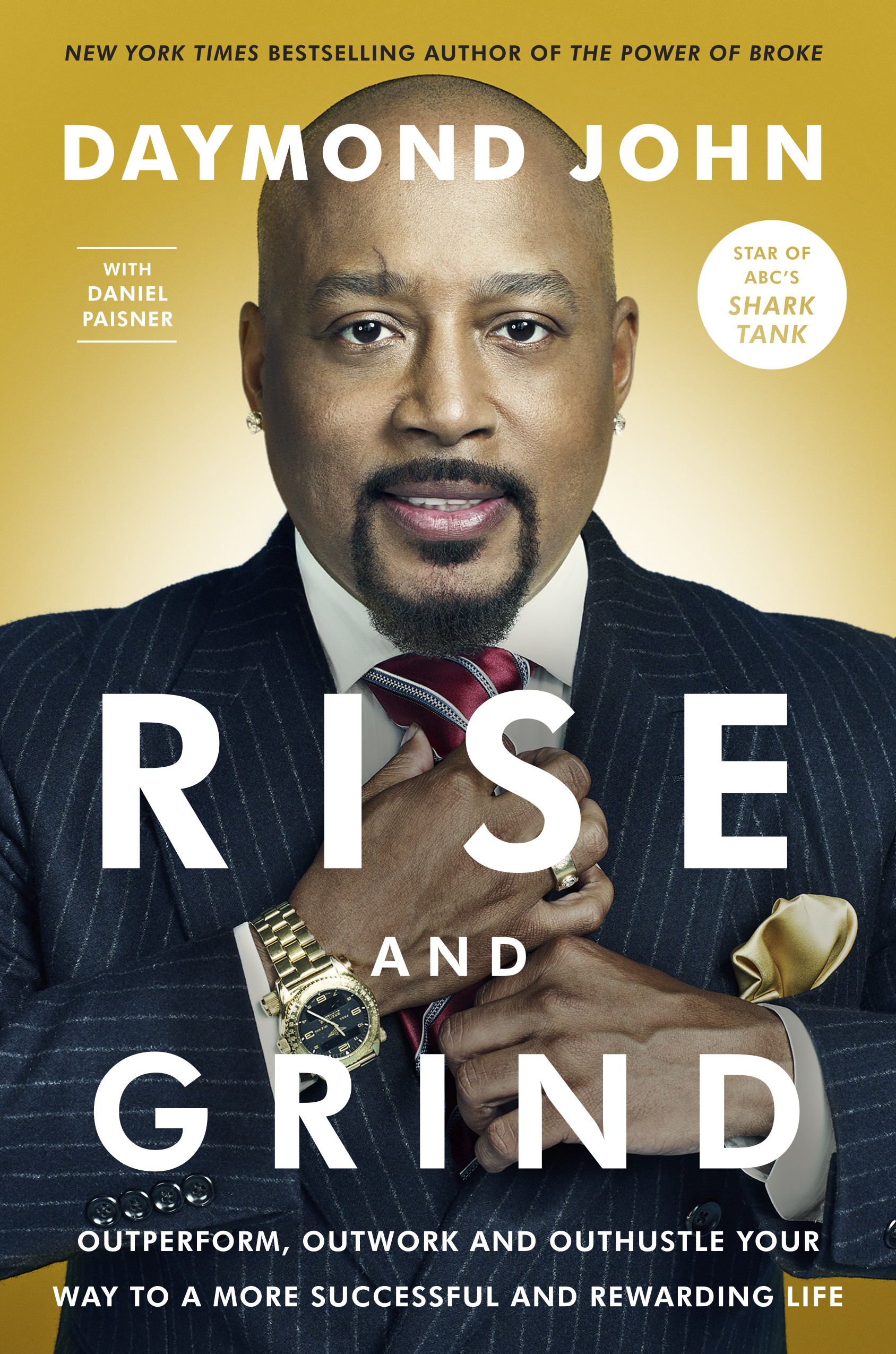Have you ever had the feeling that you’ve lost track of time? Been left thinking the clock has stopped while you lost yourself in this or that activity? That’s what flow feels like. When we’re in flow, we’re firing on all cylinders, intensely zeroed in on a task that requires our full attention. For many of us, it doesn’t happen all that often—only one in five people say it happens to them several times a day, and 15 percent of people say it never happens to them at all. Me, I find it happens more and more as I make a conscious effort to look beyond my daily goals and my daily grind and connect in some new, meaningful way with the people around me, and with my environment away from work.
Everyone finds “flow” in different places, depending on our interests, but we’ve each got a special groove that’s unique to us, and when we’re doing our thing in service of that groove, when the rest of the world falls away because we’re so passionately and naturally focused, that’s when we’re at our best.
For a lot of us, these tasks don’t always find us as we work. Oh, we might love what we do, but when our days are packed and crazy, there’s no time to step back from the work, because there’s no end to the work. That’s why it’s so important to find other ways to tap into flow in our daily lives.
Figure out what moves you, what excites you, what lifts you from the grind of your day, and then figure out a way to go there in your mind . . . even if it’s just for a little while. When your mind is engaged on a specific task, and it’s a task that gives you pleasure, it nourishes that part of your brain that keeps you feeling vital. Maybe that comes from playing a musical instrument, or painting a picture, or snowboarding down a difficult trail. Point is that we should all seek out those tasks and create those all-important moments whenever and wherever possible.
For me, since my youngest daughter, Minka, was born, that can mean just taking a walk with her, or reading a story together. Or something, I’ll take the time to go fishing upstate, and lose myself in the sounds of the water and the rhythms of routine.
Here are some tips to keep in mind when you want to get into the flow:
• Don’t pay attention to the clock. When time starts to fly, that’s when you’re really getting into the flow. Try to go with it. Looking at the time takes you out of the moment.
• Keep moving. This isn’t a passive deal. Your flow activities should be active experiences, which means you have to make things happen.
• Try not to think of anything other than what you’re doing. Eliminate distractions, so that nothing else takes you out of the moment or gets in the way of the task right in front of you.
• Try not to think about yourself. Sure, you’ve got to watch what you’re doing—if you’re fishing, you don’t want to stab yourself in the fingers as you bait your hook, or if you’re going for an amazing drive on a scenic highway, you’ve obviously got to pay attention to the road. But as much as possible, try to separate yourself from what you’re doing. Remind yourself: it’s not about you, it’s about the zone.
• Stick with what works. What I mean is that if you find something that brings you pleasure, that takes you outside yourself for a bit and lets you exercise a part of your mind that doesn’t always get tapped in your regular work, then go ahead and make it a habit.
Setting aside some time in our busy days and weeks to seek out moments of flow doesn’t only make us more productive, it also makes us happier—and not just during those moments when we’re engaged in that activity. Psychologists say you’ll be happier overall if you take the time to lose yourself in the flow.
Some of the other benefits: better coping skills, higher self-esteem, and an increase in performance. Plus, we usually find flow in activities that tap into our strengths, and according to Dr. Martin Seligman, the father of positive psychology, if you’re able to recognize your own personal strengths and use them regularly, you’ll not only be happier and more fulfilled, but healthier as well. And isn’t that the ultimate goal?
Adapted from RISE AND GRIND: Outperform, Outwork, and Outhustle Your Way to a More Successful and Rewarding Life. Copyright © 2018 by Daymond John. Published by Crown Business, an imprint of Penguin Random House LLC
DAYMOND JOHN is CEO and founder of FUBU and one of the stars of ABC Emmy award-winning series Shark Tank. He is CEO of The Shark Group, a premiere consulting firm whose clients range from Fortune 500 companies to new media businesses to celebrities. President Obama appointed Daymond a Presidential Ambassador for Global Entrepreneurship, a position focused on promoting entrepreneurship around the world. He is the New York Times bestselling author of The Power of Broke and his new book, Rise and Grind, is available now.


